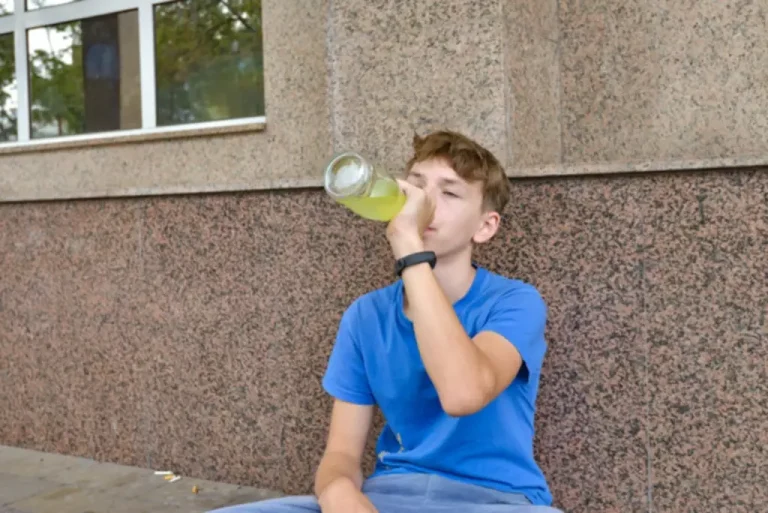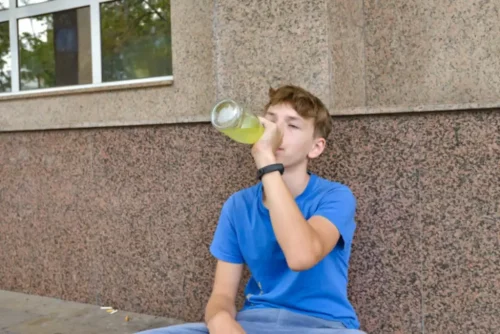
Consider creating a table outlining various facilities, their services, and pertinent admission information to aid in comparing and selecting the appropriate rehab facility. At the core of the admissions process is an evaluation conducted by medical professionals or an admissions team at the treatment facility. This assessment includes a review of the individual’s medical history, mental health disorders, and the nature and extent of their addiction to substances or addictive behaviours. This comprehensive evaluation is designed to ensure the appropriate level of care, such as elucidating whether the individual requires medical detox or can begin with a standard rehab programme. Addiction is a complex and multifaceted condition encompassing a range of substances and behaviours that can create a compulsive pursuit of reward or relief.
- Without boundaries, your loved one never has to face the consequences of their actions—and you’ll eventually feel burned out from all the attempts to cover up, excuse, or compensate for their behavior.
- Some people fear that if an individual with a substance addiction is admitted to rehab against their will, they will not benefit from time spent in rehab.
- For these reasons, it’s worth considering other options first before going to court, such as planning an intervention or approaching your loved one differently.
- By doing so, you provide them with the emotional support they need to face the challenges of drug withdrawal head-on.
- These activities not only enhance self-esteem but also contribute to emotional stability.
Rehab Treatment Types

Skills like problem-solving, emotional regulation, and distress tolerance are taught, empowering clients to handle challenging situations without resorting to substances. The goal is to build resilience, providing tools that foster long-term sobriety. marijuana addiction Next, the active intervention phase focuses on employing tailored strategies that target maladaptive behaviors. Techniques such as cognitive restructuring and skills training help clients learn to manage stresses and cravings. Additionally, mindfulness practices play a significant role in helping clients stay present and recognize the onset of cravings without judgment. Prioritizing nourishing meals can combat nutritional deficiencies from past substance use, fostering better physical and mental health.

Harnessing the Power of Routine for Recovery

Also, mandatory treatment programs are typically short-term and do not provide the time needed to recover from an addiction. According to the NIH, remaining in treatment for an adequate amount of time is a critical aspect of recovery. Typically, individuals need to spend at least three months in a treatment program for the best outcomes.
- When you’re ready, we are here to help guide you on your sobriety venture.
- To achieve long-term recovery, it’s vital they tackle both their addiction and their mental health issue at the same time.
- It may include workshops on relapse prevention, stress management, healthy coping mechanisms, and life skills development.
- Since stress levels can escalate when quitting drugs, you can even encourage your loved one to do the same.
- If your loved one has not responded to your efforts, you might consider holding a formal intervention.
The Importance of Building New Social Connections in Sobriety

The recovery process doesn’t end once your loved one completes a rehab program. For the different treatment methodologies, keep in mind that each facility or program differs in its approach. While some treatment centers take a faith-based approach to treatment, other facilities focus on providing patients with treatment for co-occurring disorders that involve mental health issues. The treatment center you choose depends on the approach that works best for your loved one. Of these states, Montana and Rhode Island only allow involuntary commitment for alcohol use disorders. On the other hand, Vermont only allows involuntary commitment for substance use disorders.

- During drug withdrawal, individuals may experience mood swings and feelings of frustration.
- Explore the need for drug addicts’ recovery, from barriers to treatment to empowering therapy approaches.
- Addiction Resource is not a healthcare provider, nor does it claim to offer sound medical advice to anyone.
- Be patient and let them know you’re there to support them when they’re ready.
- Explore vital addiction recovery support systems that empower individuals to thrive on their path to healing.
When someone you care about is struggling with how to get a family member into rehab addiction, you may want to help but not know what to do. Convincing someone to go to rehab can be hard, but there are steps you can take–whether you are helping a spouse with addiction or another loved one. Keep reading to learn how to get someone to go to rehab, and how to find resources, support, and treatment options near you.
Economic Costs of Addiction
As mentioned previously, your loved one may require an intervention to finally admit that they’re suffering from a substance use disorder. When planning an intervention, your main concern should be about how to confront your loved one without judging him or her or and without being too angry. If you decide to host an intervention, this process can go smoother if you hire an intervention professional and if you already know which rehab program your loved one will enter. The best option when you’re trying to get your loved one to enter rehab is for him or her to do so voluntarily, which should make it easier for that individual to acclimate to the new setting. However, there’s always a chance that your loved one won’t agree to enter rehab even when his or her substance use disorder is worsening.
